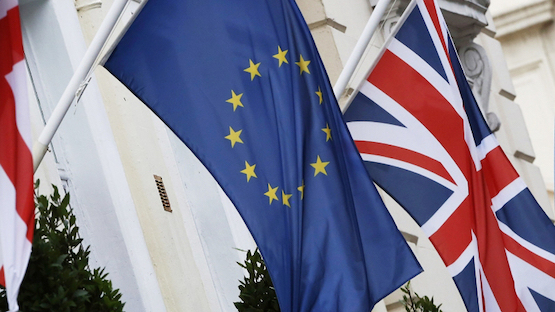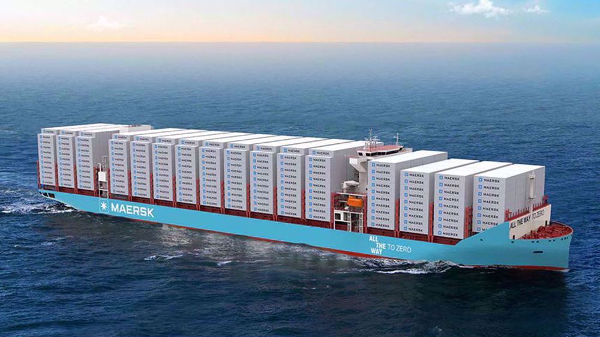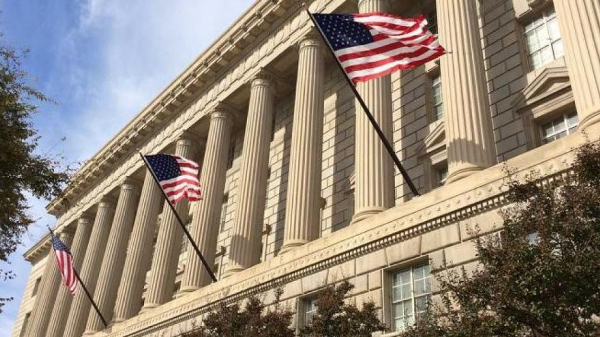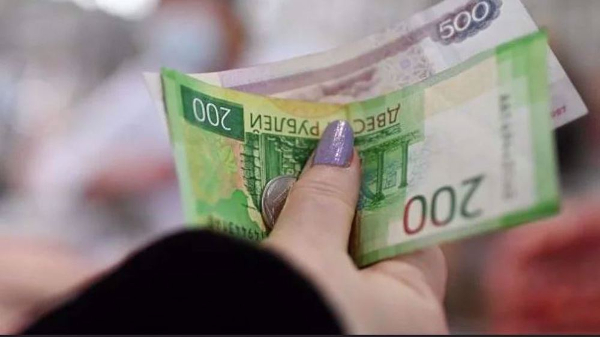In January 2020, a little less than 2 years ago, the UK officially left the European Union. The umbilical cord was finally severed, and it was time for the government to make good on its Brexit pledges.

What most people are saying is that the government has not made good on its arrangements for exiting the EU other than they’ve gone through the exit, but we haven’t had the rest of the agreement. Fishing, farming, finance regulations, all those elements are still up in the air.
And there was another promise worth mentioning; a VAT cut on energy bills that would save the average household £64 a year. Well as of spring 2022, people might see their energy bills double due to an unexpected energy crisis! And as a result of higher energy prices, the Centre for Economics and Business Research predicts in 2022, a typical UK family will spend £1,700 more per year on household costs with the inflation rate rising to its highest in a decade.
Of course no one can ignore the fact that we are still in the grips of a global pandemic. Tens of thousands of people have died in the UK as a result of Covid-19, despite the country being the first to start vaccinating. Lockdown after lockdown have taken their toll. And now we have the new Omicron variant.
The hospitality industry is reeling from the government’s mixed messages over Omicron ahead of Christmas. It’s forecast to lose 300 million pounds worth of trade over the holidays, and some businesses have decided to close due to staffing issues, cancellations and an overall down turn in trade. So for them, this comes far too late in the day.
According to the OECD the British economy is recovering and expected to reach pre-crisis levels at the beginning of 2022 but growth will rely primarily on household spending. The average family spends 29 percent more in the weeks before Christmas, and that might be why despite Omicron, the government has chosen to accelerate the booster jab roll out, and not cancel Christmas.
Source: Press tv
LINK: https://www.ansarpress.com/english/25184
TAGS:






























 South Korea may punish Tesla
South Korea may punish Tesla 




